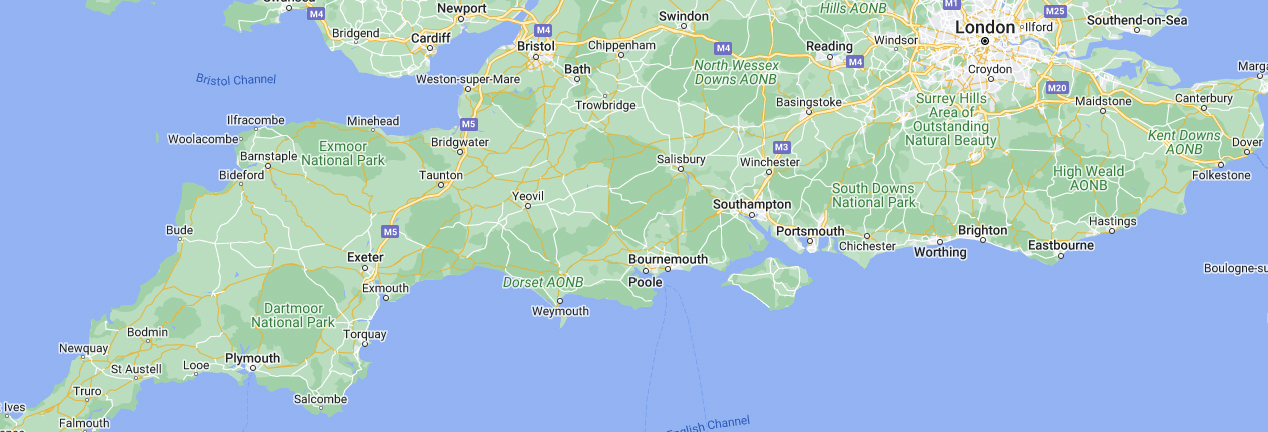What is it?
The rotator cuff is formed from 4 muscles: supraspinatus, infraspinatus, subscapularis and teres minor which lie across the scapula and converge into a single tendon which inserts on the greater tuberosity of the humerus.
Potential Injuries
Injuries to the rotator cuff can be caused by acute trauma or degeneration of the rotator cuff tendon from long term over use and weakness.
Please see below for a list of Rotator Cuff injuries:
- Partial or full thickness tear
- Tendonitis/Tendinopathy
- Impingement
- Frozen shoulder (also known as adhesive capsulitis)
- Bursitis
Symptoms
- Pain around the shoulder which can sometimes radiate down the arm
- Weakness
- Difficulty lifting your arm overhead
- Pain on sleeping
- Crunching or snapping sensation on movement
Rotator Cuff Healing & Rehabilitation
1. Acute Phase
– Tissue healing
– Reducing pain and inflammation
– Re-establishing range of movement
– Re-establishing muscle mass and strength
– Re-gaining scapular control
– Maintaining fitness
2. Recovery Phase
– Maintaining normal range of movement
– Maintaining scapular control
– Re-establishing upper extremity strength and balance
– Ensuring normal shoulder kinetics at 90 degrees of abduction through proprioceptive exercise
– Performing normal kinetic chain exercises including squats, jumps and lunges
– Achieving full strength
3. Functional Phase
– Focussing on power and endurance
– Beginning sport specific exercises such as dynamic training
At Jonathan Clark Physiotherapy, we provide special tests to help diagnose injuries and offer multiple treatment options to rehabilitate the rotator cuff. We provide detailed rehabilitative programmes and exercise prescription to help you progress through the phases of healing, allowing you to achieve a full, functional recovery.



